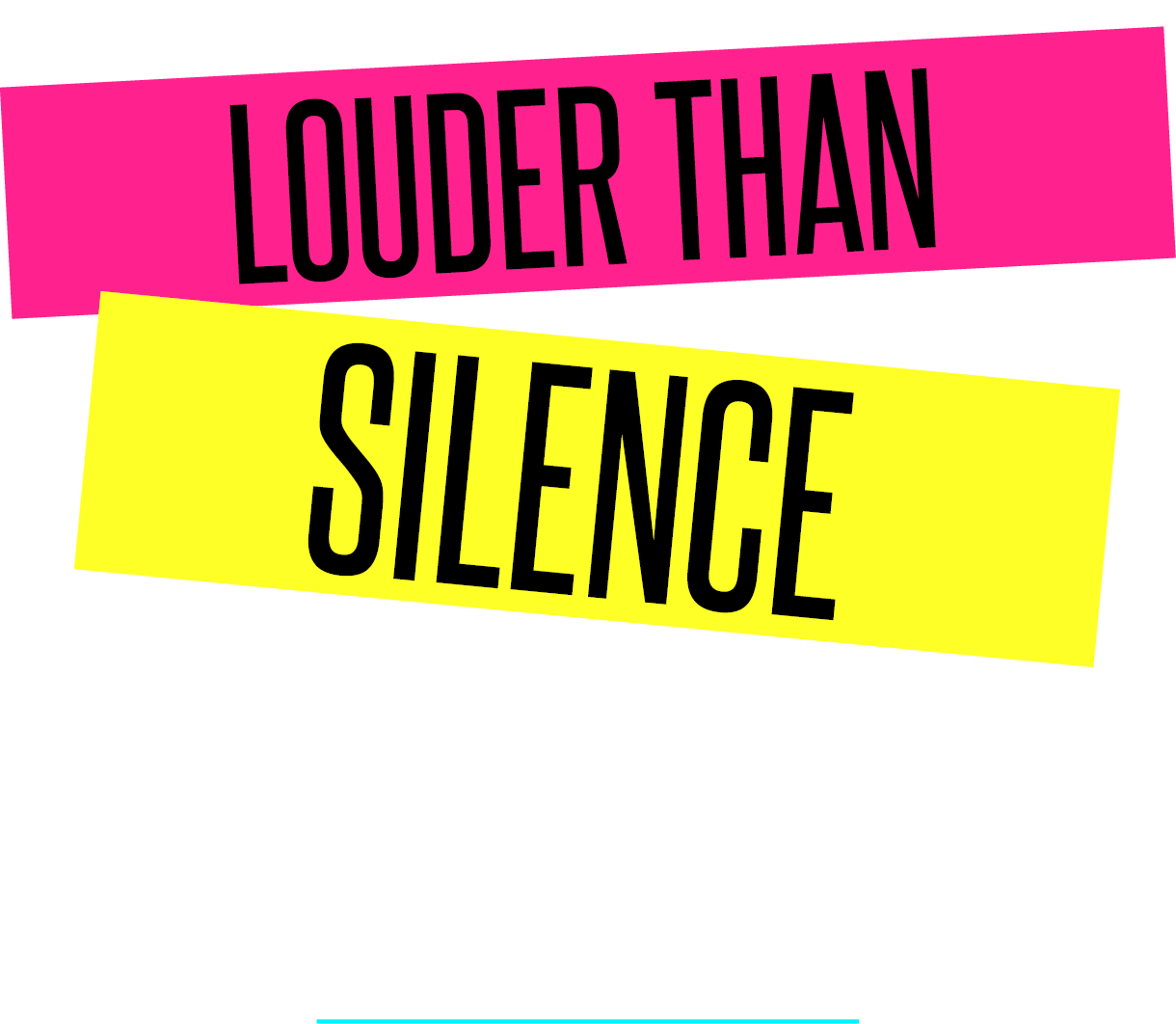

Lori Poland
EndCAN Co-Founder &
Executive Director
Episode 2: The Aftermath of Child Abuse and Neglect, Lori Poland’s Story – Part 2
In this episode, Lori reflects on how her experience surviving kidnapping and child abuse led her to found EndCAN and embark on a mission to end child abuse and neglect. Lori discusses the impact experiencing child abuse and neglect can have on a person later in life.
Episode Transcript
Transcript of the Louder than Silence Podcast
Episode #2: The Aftermath of Child Abuse and Neglect
Transcribed by Adam Soisson
[Inspirational theme music plays.]
>> Lori: Thank you for joining us. In this podcast, we are real people, talking about real things. Child abuse and neglect: a topic that is all too often left in the shadows of silence, leaving survivors alone, fearful, and oftentimes without a voice. We’re having conversations to become louder than silence. It is here, where we will invite you to join us and be the change needed to end child abuse and neglect.
>>Lori: Hi my name is Lori Poland and I am the Executive Director of the National Foundation to End Child Abuse and Neglect. Thank you so much for joining us today and listening in. Our mission is to end child abuse and neglect in our lifetime and the way that we see doing that is by uniting the voices of the tens of millions of people who have been impacted and affect by child abuse and neglect in one way or another. Today we’re going to be talking about my experience and I’m kind of leading the charge here by using my voice as an example to really show that it’s possible to find healing, love, joy and happiness. Today we’re really going to be talking about the aftermath and the impact that child abuse and neglect can have on us and how so frequently we have this misconception that people will, once the abuse stops and you get a little bit of counseling or something, or enough time has gone by, that it will be gone and you will be better and you’re over it, kind of like a cold or a flu or an illness or a disease. But it doesn’t really work that way. Unfortunately, when people experience traumatic life experiences, especially under the age of 8, the long term and lifetime impacts are so profound. There isn’t even enough research to prove how profound it is, but there is a lot of research showing us the linkage between early childhood experiences, negative experiences and the long term impacts on our health, on our mental health, on our public health system, on our social system. Child abuse and neglect affects us in so many ways. It increases our chance of getting cancer, heart disease, diabetes, stroke, mental illness, autoimmune diseases, obesity, suicidality, substance abuse, you name it, it affects us and it affects us for so long. Like so many other issues that we were not able to talk about 25 years ago if we were able to talk about child abuse and neglect the likelihood of people feeling so much shame and therefore then causing harm would go down astronomically. That is exactly what we’re trying to do, is bring us into the light, bring this topic into the light. Not trying to sensationalize it or to criminalize all of the people that have caused harm. There is a place for that, absolutely there is a place for that, but this is not that place. This is a place where we’re just talking about the impact. This is a place where we just want people to know that their stories are safe, that their experiences are safe, that we’re not here to judge, that we’re not here to shame. We’re not here to minimize, we’re certainly not here to sensationalize anybody’s experience and their story. I myself have experienced, have gone through all of this. I’ve really learned as a young adult and even into my adult years and my professional career that I am my story but my story is not me. That is a huge learning curve and I, every day I’m still working on it and I’m almost 40 years old. My trauma, my first trauma happened 37 years ago when I was kidnapped from my front yard and placed in the pit of an outhouse toilet after being severely abused and then grew up in an environment with people who were emotionally traumatized and really, really struggling to try and just have a normal life. But normal, you can’t really attain normal again after going through something like that. You have to create a new normal. I so badly wanted to help, have always wanted to help people. Ever since I can remember, I think I was eight when I realized I wanted to be like one of my treating doctors in my forensic interviews, his name was Dr. David Jones. I wanted to be just like him when I grew up because I wanted to help people. Even in starting EndCAN, I wanted to help people but I didn’t want to be a poster child, I didn’t want to be the Lori Poland show, I didn’t want it to be only about my kidnapping and I certainly didn’t want to, that cycle at times in my life where everything is about it. Predominantly, it’s self-induced because I just need validation and I need support and attending to a little bit of nurturing and love and ultimately I needed to parent myself as an adult. I needed to provide that sense of nurturing and security that the little girl inside of me that still lives there needs every once and a while. So there’s a fine balance between being helpful and exploiting myself. I just hope and pray that my story and my experience provides some sense of hope for somebody else. That other people can know that while the journey is not easy, and it is certainly an uphill climb, at times, the view is worth it and the experience is worth it and the cleansing of your soul is worth it. And the impact that you can have on just one other person, if not thousands, is worth it and ultimately, for me, breaking that cycle.
So I know that my abuser was a three year old little boy at his next door neighbor’s house crying and begging not to go home. He didn’t want to go home because his home environment was unsafe and scary and toxic. Instead of providing him the help, the nurturing that he needed, because back then the motto for society was “that’s not our business, what happens behind our closed doors happens behind our closed doors. It’s nobody else’s business. There are still million and millions of people out there that still live by that motto and I understand it, I understand it because I understand that it elicits shame and we’re all so ashamed of being rejected and judged and criticized and told what to do by other people. I do understand that and there was a three year old little boy begging and crying for help and he grew up to cause so much harm. Not just to me, to so many people, to millions and millions and millions of people, just by, even by way of me. But I’m not the only person that he offended, at all. Not even close to being the only person that he offended. Had somebody intervened and told him that he mattered and told him that they heard him, and stopped his abuse from happening, the chances of him hurting me probably would have gone down significantly, and hurting anybody else that he hurt. So the impact and the long term effects are so high. But I even remember as a little girl really, genuinely being afraid that I was going to grow up and hurt people because I knew that he had been hurt and I was so afraid of repeating that cycle that I worked ultra hard to go the other direction and try and break that cycle, and I’m asking you to join me. I’m asking you to unite your voice with my voice so that together, collectively, we can come out of the shadows and not be so afraid, and work together to end child abuse and neglect in our lifetime. Because I genuinely believe that if we do that, it will happen. So I’m Lori Poland, and I’m so happy that you’re all here today. Thank you for joining me, thank you for being a part of this. You can check out our website at www.endcan.org. I appreciate you, your time, and this energy. Have a great day.
[Inspirational theme music plays.]
>>Lori: I want to thank each of you again for joining us today and listening in. If you or someone you know is being abused, please call 1-800-4-A-CHILD. To learn more about EndCAN, visit www.endcan.org or find us on all social media platforms. Join us in being Louder than Silence and being a part of the change. Please leave a comment, like our podcast, or share with your friends. The more the word spreads, the more of a collective impact we can have. If you have a question or you know someone who would want to be a guest on our podcast, please contact bethechange@endcan.org. Thanks again, and have a great day.
<END>


